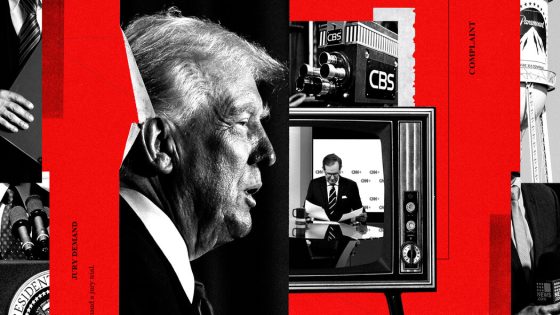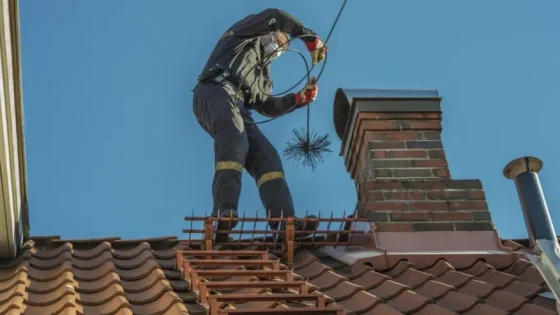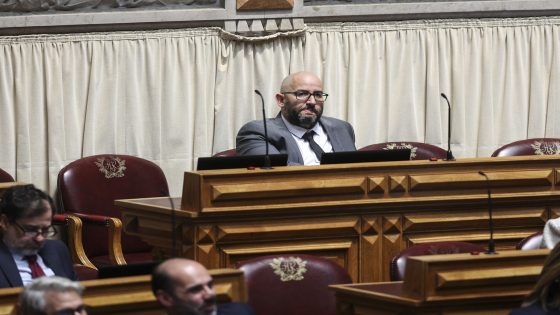Former President Donald Trump has intensified his legal battles against media organizations, notably CBS News and The Des Moines Register, through lawsuits alleging violations of consumer protection laws. These actions have raised concerns among First Amendment experts about the implications for press freedom as settlements are being considered.
- Trump sued media for deceptive journalism claims.
- Lawsuits are harassing the press effectively.
- CBS considering settlement with Trump.
- ABC paid $16 million to resolve defamation suit.
- Consumer protection lawsuits aim to intimidate media.
- Legal experts believe cases lack merit.
The recent legal strategies employed by Donald Trump against major news outlets have sparked significant discussion regarding their potential impact on journalism. Experts initially dismissed these lawsuits as lacking merit; however, the ongoing settlement discussions indicate a shift in perspective. Paramount, CBS’s parent company, is reportedly considering settling one of the lawsuits, which could set a precedent for future cases.
This trend poses risks to journalistic integrity and independence as it suggests that even unfounded claims can lead to financial repercussions for media organizations. Some key details include:
- ABC previously settled a defamation suit with Trump for $16 million.
- The lawsuits aim to intimidate other news outlets from reporting critically on Trump.
- Experts warn that successful settlements may encourage more similar lawsuits.
Legal analysts express concern that this tactic could become a common tool for public figures seeking to silence dissenting voices in the press. Daniel Suhr from the Center for American Rights stated that these consumer protection cases serve as warnings to other news organizations about potential consequences of unfavorable coverage.
The unfolding situation underscores the delicate balance between protecting free speech and addressing perceived injustices in media reporting. As more settlements occur, there is an increasing risk that such legal maneuvers will stifle critical journalism across North America.
































